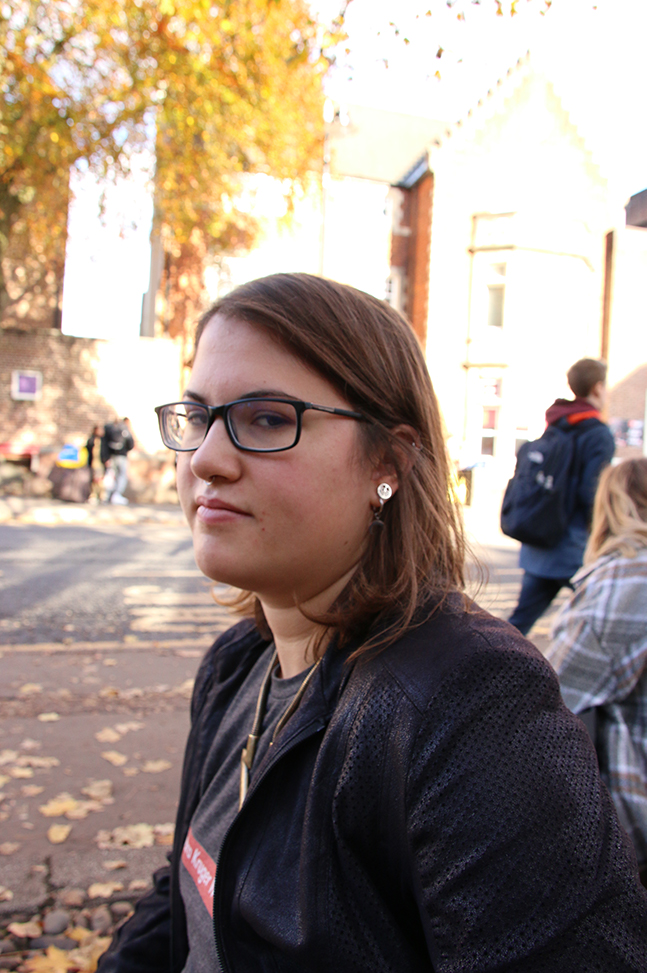Google and Facebook are both considering regulations banning the micro-targeting of political ads, according to reports.
Political advertising on social media have been putting democratic norms at risk. After Cambridge Analytica’s intervene in 2016 US election was unveiled, critics have worried the misuse of micro-targeting technology will sway people’s voting decision in the ways they don’t know.
The InterCardiff asked people’s opinion on online advertisements’ impact on people’s decision-making. Most of them said that advertisements usually work while people are undecided on their political views.
Neil, 53, Civil Servant

“I don’t follow anything on social media which can change my mind. I don’t follow Daily Telegraph or Daily Mail because they always annoy me, so I follow the Guardian. I think most people use social media to reinforce their views. They never change their mind. “
Alex, 21, Student

“I tend to disregard the political advertisement I see. Any affairs that interest me, I will look into it more critically. For instance, a conservative advertisement saying how can they meet up on crime, I will actually look at the statistics and see what they are actually doing. And it turns out that it is not true.”
Jay, 27, Actor

“I don’t think advertisement should be allowed on social media. It is invasive. I think if you don’t have strong opinion on something already, then you will be quite easily affected by that. It is like a propaganda. It brainwashes people. “
Lara, 23, Student

“I am not an expert in politics, but I think it will(affect people’s decision). People don’t pump up opinion all the time. Online advertisement just caters to what people think and believe. So we get our personal opinions are usually what the majority people think. “
Chris, 24, Doctor

“I think I made my decisions based on more reasoned evidence. I can’t guarantee if online advertisement is a balance of approach. Maybe both sides can have sort of advertisement each to make sure it is not an all-in-one place. I think advertisement represents democracy. If you start putting regulation on it, it could be a quite dangerous move.”
